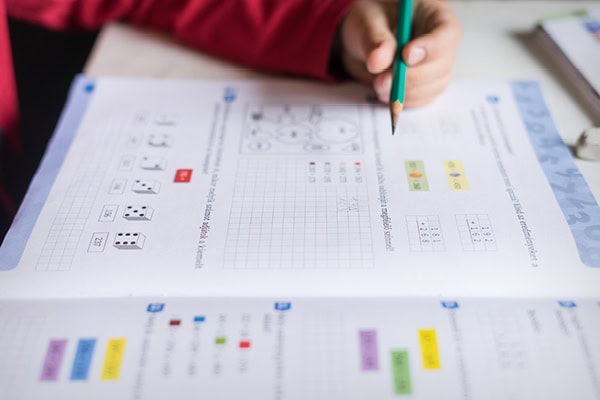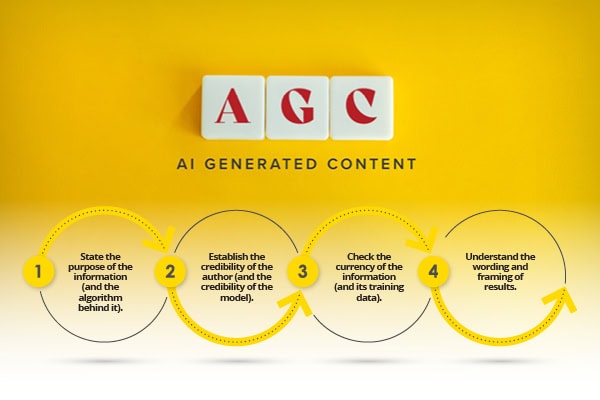Reading scores are in crisis and instruction is uneven at best, according to two New York City public school district superintendents writing in Chalkbeat Detroit. Will a plan to change curriculum at all New York City public schools help more students become proficient readers?
The superintendents have seen firsthand how a well-chosen reading curriculum can spark and hold students’ interest, sharpen instruction, and shape classwork that builds confidence and literacy alike. In their schools, reading lessons build foundational skills, vocabulary, critical thinking, and a bank of background knowledge that prepares them for lifelong learning.
A few years ago, too many of their students were not reading at grade level, and despite extra help and the hard work of teachers, too few were ever catching up. Students were spending a lot of time reading independently, which meant reading books that were often two and three grade levels below where they needed to be. They were almost never exposed to high-quality texts at the right grade level, and they weren’t getting enough explicit instruction in the building-block skills that would accelerate their progress.
In each of their districts principals gathered together, compared their school-based data to state test scores, and had a tough moment of reflection. It was time to change how they taught reading and what materials were used to teach it.
Now under the “New York City Reads” campaign, every local district leader is required to choose one of three reading curriculums and see that it is implemented at every school they oversee. About half of the districts began using one of the selected curriculums this fall, and the other half will do so in 2024. The city has committed funding to support training and coaching for teachers, many of whom will be teaching new materials and in a new way.
Changing curriculum can be complicated and uncomfortable. It means adopting new materials, new lesson plans, and new expectations for teachers and students. Forcing educators to make these changes on the campaign’s timeline and according to its rules will be especially tough in New York, where individual principals have long held authority over instruction and many teachers curate or create their own materials. It’s hard to find time on busy school calendars to give teachers the training and practice they need to make the transition.
But it’s worth the effort.
The two superintndents’ districts use two of the three curriculums approved by the city: District 19 in Brooklyn, uses Wit & Wisdom, and District 11 in the Bronx uses Expeditionary Learning. The superintendents chose these curriculums, together with their principals, because they are designed with cognitive science in mind. They present carefully sequenced informative and narrative texts, which students use to build confidence and a foundation of knowledge to make inferences and accelerate future learning.
Throughout the school year, classes delve into a complex, high-interest topic. Over several weeks, lessons follow a sequence where students encounter and use vocabulary and content knowledge to investigate different aspects of the topic, read related fiction and nonfiction texts, and follow discussion and writing prompts to connect what they are learning to their own experiences. Students still spend some time reading independently at their skill level, but they also receive explicit, personalized phonics instruction that draws on the “science of reading.” And during whole-class read-alouds of grade-level texts, students can join in or, if they are not yet ready, listen and follow along.
Students are rising to the challenge and enjoying what educators call the “productive struggle.” As Jasmine, a student at P.S. 325 in Brooklyn, put it, “If I stick to the stuff that I know, how am I going to learn? If I stick to the stuff that I don’t know, I’ll be able to learn new things, my brain is going to get to know more information, and I’ll get better at more things that seem hard to me.”
All students deserve the chance to become proficient readers. Now, all schools can deliver on that promise.
Chalkbeat Detroit





